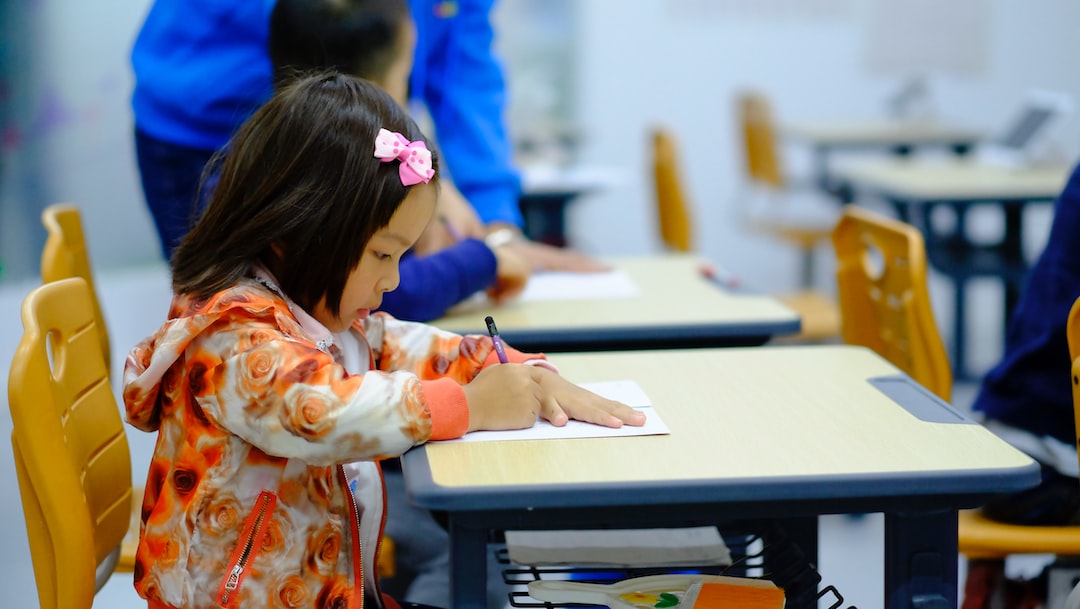The Role of Technology in Special Education
In recent years, technology has been revolutionizing every aspect of our lives, and the field of education is no exception. From elementary schools to universities, the integration of technology has become crucial in enhancing the learning experience for students. This is particularly true in the realm of special education, where technology has played a transformative role in empowering students with disabilities to overcome various challenges and thrive academically. In this blog post, we will explore the significant ways in which technology has positively impacted special education.
One of the most notable impacts of technology in special education is the accessibility it provides to educational resources. In the past, students with disabilities faced numerous barriers to gathering and accessing information. However, today, with the emergence of assistive technologies, such as screen readers, text-to-speech software, and Braille displays, students with visual impairments or learning disabilities can now access digital textbooks, websites, and educational materials. This technological advancement has significantly leveled the playing field for these students, allowing them to participate actively in classroom discussions and complete assignments independently.
Furthermore, technology has revolutionized the way students communicate and express themselves. Augmentative and Alternative Communication (AAC) devices have proven to be life-changing for children with speech and language impairments. These devices range from high-tech tools like speech-generating devices to low-tech solutions like picture boards. By utilizing AAC devices, students who struggle to speak can effectively communicate their thoughts, participate in group discussions, and express their needs and desires. This not only boosts their self-confidence but also fosters social inclusion within the classroom.
Moreover, technology has facilitated personalized learning experiences for students with individualized education plans (IEPs). Special education teachers can now use specialized software that enables them to tailor instructional materials to each student’s specific needs and abilities. This level of customization allows students to learn at their own pace, with materials adapted to their learning styles. Virtual Reality (VR), for example, can transport students with mobility impairments to places they might not be able to visit physically, providing them with enriching experiential learning opportunities. By catering to each student’s unique needs, technology ensures that no student is left behind in the learning process.
Additionally, technology has played a key role in fostering independence and developing crucial life skills among students with disabilities. Mobile applications and web-based platforms offer a wide array of tools and resources that assist students in areas such as time management, organization, and self-advocacy. For instance, scheduling apps can help students with cognitive or executive functioning disabilities keep track of assignments, deadlines, and appointments, enabling them to better manage their time and responsibilities. These technological aids empower students to gradually assume greater control over their educational journey and prepare them for successful transition into adulthood.
It is also important to acknowledge the significant impact technology has had on fostering parental involvement in special education. Through virtual communication platforms and online portals, parents can now easily communicate with teachers, access their child’s educational progress, and collaborate in the development of Individualized Education Programs (IEPs). This accessibility has allowed parents to actively participate in their child’s educational journey and advocate for their unique needs effectively. As a result, parents and educators have more meaningful partnerships, leading to improved outcomes for students with disabilities.
While the role of technology in special education is undeniably beneficial, it is important to address the challenges that may arise. Lack of access to technology or reliable internet connectivity can pose obstacles for some students, particularly those from low-income backgrounds or underserved communities. Additionally, proper training and ongoing professional development is crucial for educators to effectively utilize technology in the classroom. By investing in necessary training and narrowing the digital divide, we can ensure that all students, regardless of their socio-economic backgrounds, can reap the benefits of technological advancements in special education.
In conclusion, technology has revolutionized special education by providing unprecedented access to educational resources, fostering communication, personalizing learning experiences, promoting independence and life skills, and enhancing parental involvement. As technology continues to evolve rapidly, it is essential for educators, policymakers, and stakeholders to embrace its potential and strive for inclusivity, ensuring that every student is given the tools they need to thrive and succeed. With technology as a powerful ally, the future of special education holds boundless possibilities.

